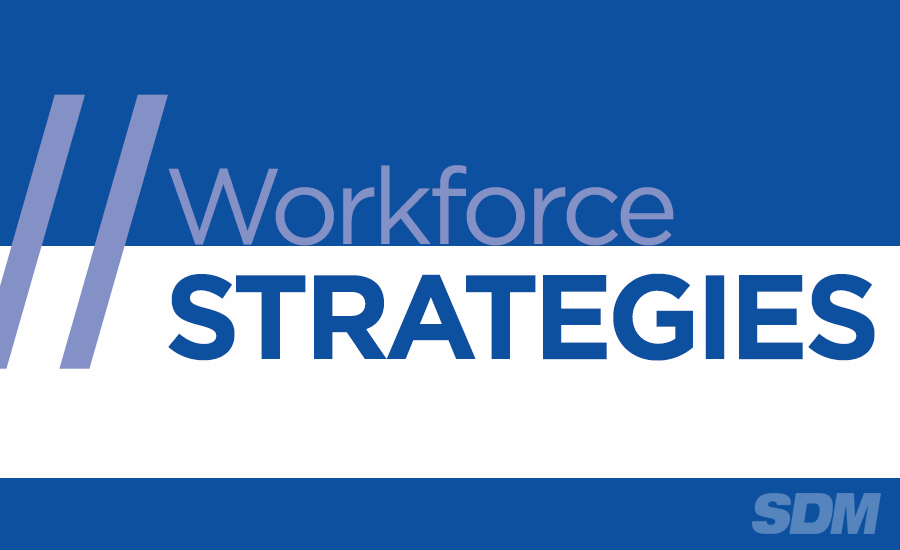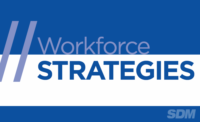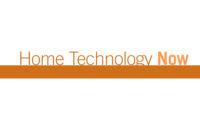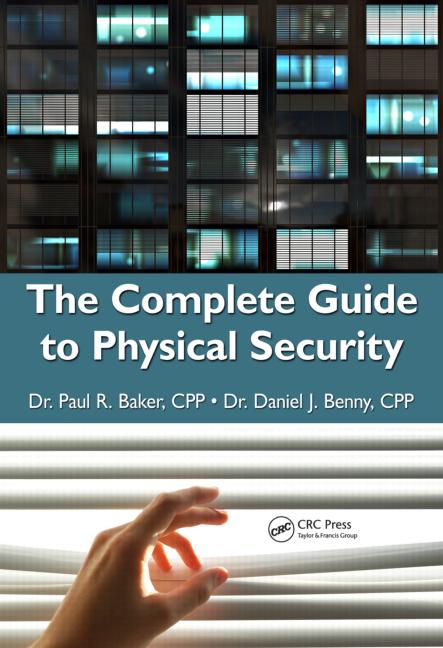The Security Industry Association (SIA) RISE community for emerging security leaders recently hosted the 2023 AcceleRISE conference — a unique event designed for young industry talent that took place Aug. 14-16 in Denver, offering meaningful career, business and security technology content, lively networking opportunities and engaging activities.
Among the lineup of relevant and impactful sessions at AcceleRISE 2023 were insightful lessons on emotional intelligence (EQ), wisdom on feedback and knowing your worth, as well as building a team to support you on your path to career success. For this month’s Workforce Strategies column, we spoke with two RISE community members — Janae Love, marketing specialist at SAFR from RealNetworks, and Nicole Rigby, sales and operations planner at Axis Communications — about their top career development takeaways from this year’s conference.
Here are their thoughts:
Emotional Intelligence, or EQ — Not IQ
In an impactful presentation from Kerri Sutherland, manager of HR business partnerships at Axis Communications, attendees explored the critical impact of EQ on our careers, which Sutherland shared is four times more powerful than IQ.
“A staggering 75 percent of career derailments can be attributed to a lack of emotional competencies,” said Love, reflecting on the presentation. “Two key takeaways from this session highlight the importance of self-awareness in the workplace and effectively managing emotions.”
Self-Awareness: Identifying Triggers and De-Escalation Strategies
“Self-awareness is the cornerstone of EQ — it involves recognizing and understanding our emotions, as well as our strengths and weaknesses,” said Love. “An essential aspect of self-awareness is identifying triggers, those situations or circumstances that can provoke strong emotional reactions. By pinpointing these triggers, individuals can take proactive steps to deescalate their emotions.”
For example, Love shares, the presentation suggested that during a tense meeting or a challenging discussion, attendees can request a break and ask, “Can we talk about this tomorrow?”
This strategy can not only help maintain professionalism but also allow individuals to take time to regain their composure and prepare to respond more thoughtfully during the next interaction.
“This strategy exemplifies the power of self-awareness in managing emotions in the workplace,” said Love. “EQ is a skill set, not a personality trait.”
Additionally, during Sutherland’s session, attendees learned that a performance review that goes both ways can be a “safe zone” in the workplace by creating a culture of mutual respect and trust where employees feel empowered to voice their concerns and ideas.
Receiving Feedback: A Pillar of Emotional Intelligence
In a session on knowing your worth, Alka Khungar, Ph.D., CX leader at Johnson Controls, shared insights into feedback that complement the principles of EQ.
“Feedback, when given with permission, the intent for growth and a target for success, becomes a valuable tool for personal and professional development,” reflected Love. “This perspective on feedback aligns seamlessly with the concept of emotional intelligence.”
Combining EQ and Feedback: A Winning Formula
“When we integrate EQ and feedback, we create a synergy that can propel security industry professionals’ careers to new heights,” said Love.
The two concepts work together in the following ways:
Emotional Intelligence in Receiving Feedback
People with strong emotional intelligence are able not only to manage their emotions, but also receive feedback.
“When you are having an issue with a colleague or supervisor, having emotional intelligence means being able to approach the situation constructively,” said Love, suggesting that young professionals communicate what behavior has been a concern and share feedback on how the situation could be improved.
“It isn’t always easy to hear feedback, and sometimes it can be difficult to voice feedback to others,” said Love. “We have to consider when it is a good time to do so.”
Finally, in Khungar’s session, attendees learned that they can leverage a growth mindset when receiving feedback to turn what could initially seem to be criticism into an opportunity for self-improvement.
“This approach fosters open communication, trust and professional development,” said Love. “The feedback you receive can also help you identify the next stepping stone toward getting that raise you deserve.”
Feedback Enhancing Emotional Intelligence
When you receive feedback, it can help you become more self-aware by highlighting where you can improve your emotional competencies — for example, if you receive feedback that you struggle with staying calm under pressure, you can work on honing your emotional regulation skills.
“As we navigate the intricate pathways of the modern workplace, understanding and managing our emotions becomes crucial,” said Love. “Simultaneously, adopting a mindset that views feedback as a catalyst for improvement creates a path toward achieving our personal and professional goals.”
Growing Your Support System to Promote Career Success
Rigby emphasized the essential insights shared by Sabrina Wilson, senior vice president of human resources at dormakaba Americas, in her session on building your own personal board of directors.
“We are all creating our careers, but [until now] I’ve never thought about it from the perspective of treating myself and my goals as a business,” said Rigby. “It’s helpful to have a few people to guide you along the way and serve as your own personal board.”
Additionally in this presentation, Wilson stressed the importance of having a diversity of people, relationships and experience levels lending you support on your career path.
“Mentors, sponsors, allies, and friends should all have a spot on the board to bring you different perspectives and types of support,” reflected Rigby.
To learn more about AcceleRISE, go here.




